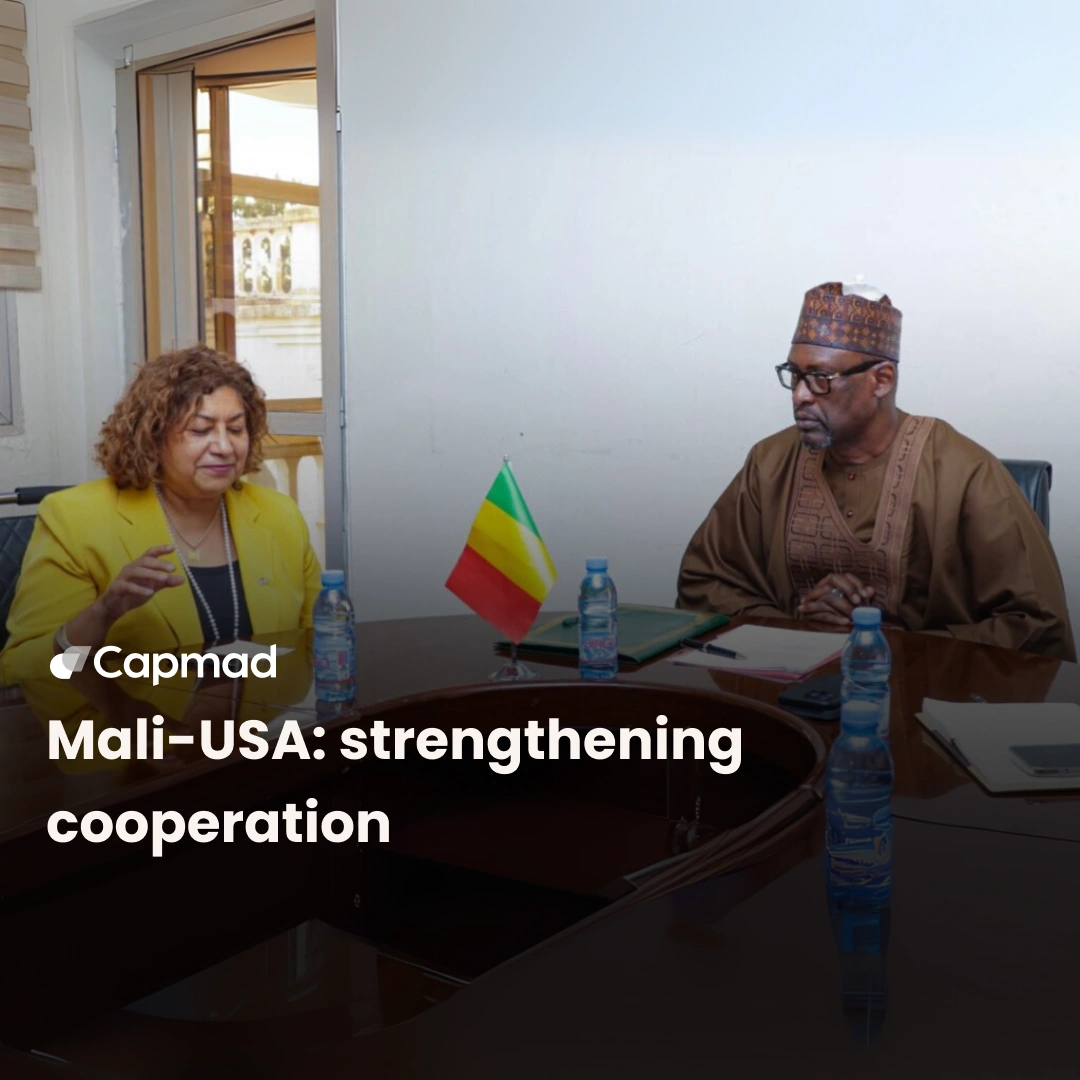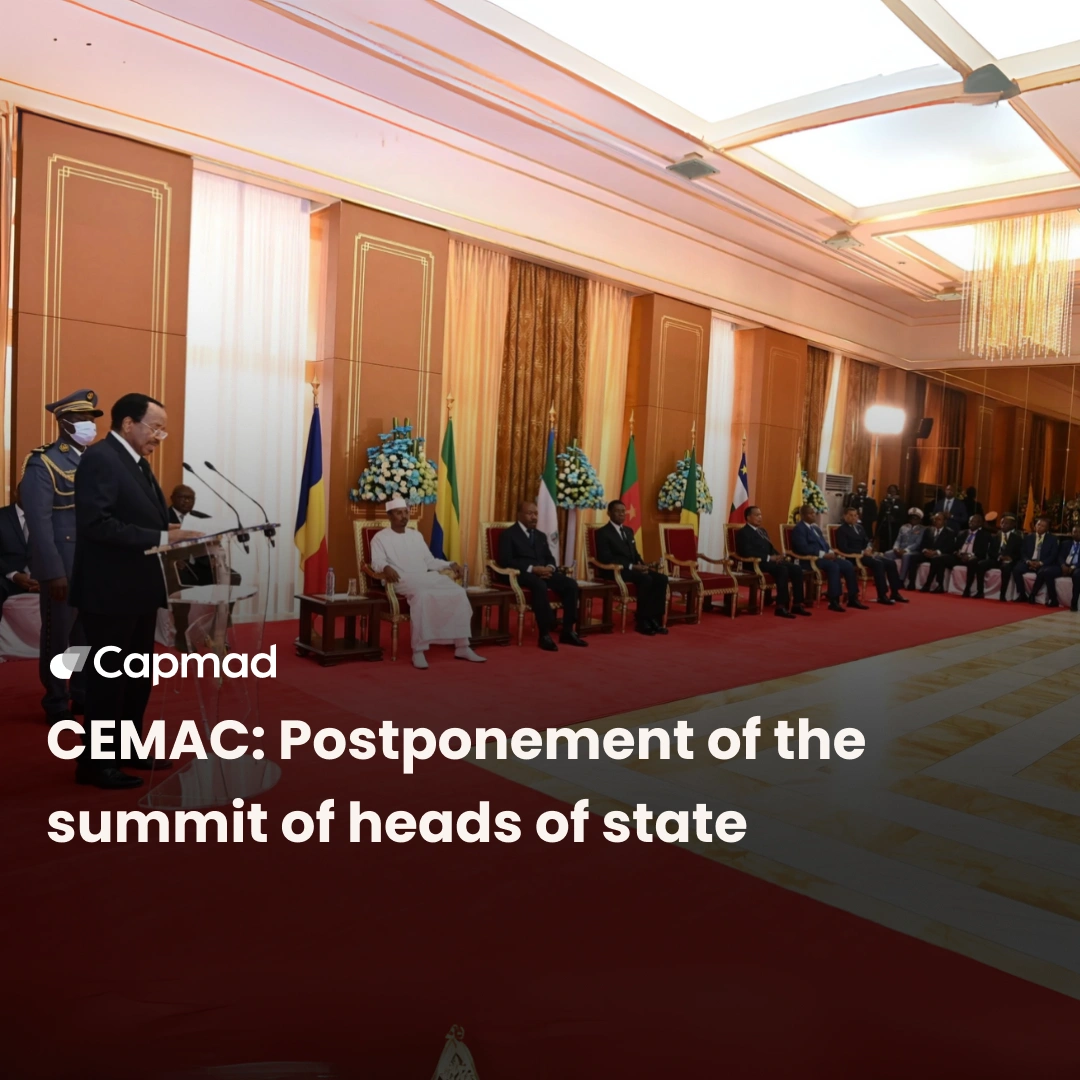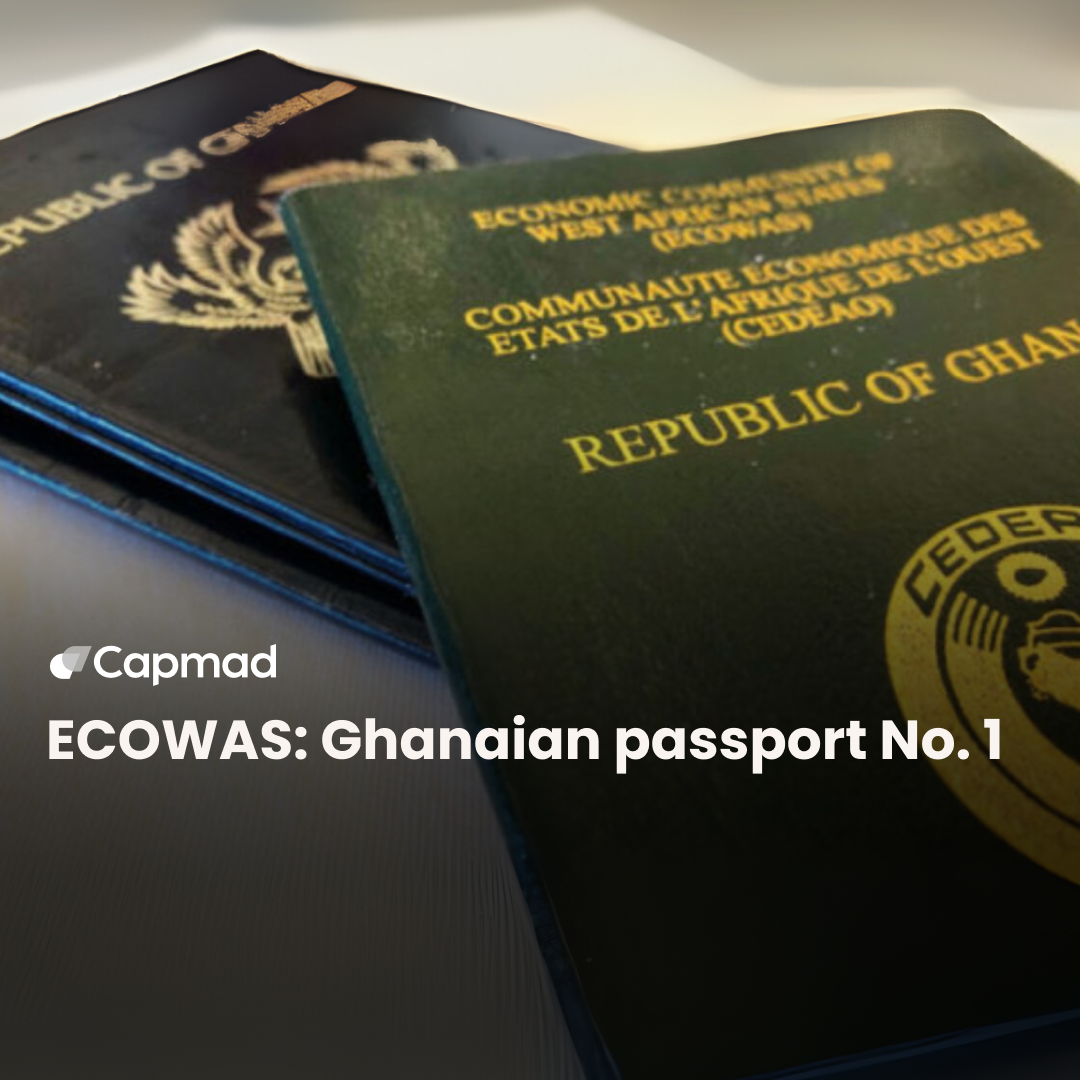On July 9, 2025, the White House hosted an unprecedented diplomatic event: a mini-summit between U.S. President Donald Trump and five African heads of state, marking a turning point in the relationship between the United States and the African continent.
A Unique and Targeted Meeting
Unlike the usual large multilateral conferences, this meeting brought together the presidents of Liberia (Joseph Boakai), Senegal (Bassirou Diomaye Faye), Mauritania (Mohamed Ould Cheikh El Ghazouani), Gabon (Brice Clotaire Oligui Nguema), and Guinea-Bissau (Umaro Sissoco Embaló) for a working lunch followed by thematic sessions over three days. This initiative is the first major African engagement of Donald Trump’s second term and illustrates a shift in American policy toward Africa.
Economic Issues at the Heart of the Dialogue
The summit focused on economic opportunities, particularly in the critical minerals sector, a key concern for the Trump administration. Gabon, rich in manganese, uranium, and timber, attracted special American attention, as did the other participating countries, which possess strategic resources such as gold, oil, and gas. This approach reflects a U.S. desire to develop bilateral economic partnerships, gradually replacing traditional development aid with direct trade exchanges.
Regional Security and Geopolitical Stakes
Beyond the economy, regional security was another pillar of the discussions. The White House is interested in security challenges related to counterterrorism, drug trafficking, and managing migration flows, especially in countries like Senegal, Mauritania, and Guinea-Bissau. Gabon, with its strategic position on the Gulf of Guinea, is also being considered as a potential site for a U.S. military base, highlighting the geopolitical importance of the region.
A Strategic Shift in American Policy
This meeting illustrates a deliberate shift in U.S. foreign policy, now prioritizing commercial and security interests over traditional humanitarian aid. The planned dissolution of USAID and cuts to international aid reflect this new orientation, which could have serious health consequences in sub-Saharan Africa. This change is part of a broader doctrine focused on reducing trade deficits and intensifying competition with China and Russia for influence in Africa.
Outlook and Expected Follow-Ups
A larger U.S.-Africa summit is scheduled for September 2025 in New York, on the sidelines of the United Nations General Assembly, to deepen these discussions. Additionally, the signing of peace agreements, such as the one between the DRC and Rwanda in Washington at the end of June, demonstrates renewed American interest in resolving conflicts on the continent. The success of this new doctrine will depend on the U.S.’s ability to build sustainable partnerships in the face of international competition.






